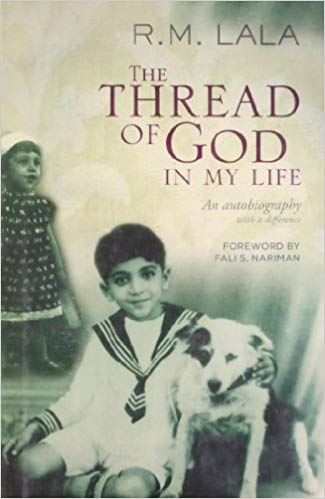
After I finished the book, The Heartbeat of a Trust I was offered the position of Executive Officer in the Trust with the understanding, that in a couple of years the incumbent would retire, and I would take over as Director.
I took over in May 1985. Soon after at a seminar of the Ford Foundation, I observed that the Centre and State Governments were issuing contradictory instructions on investments permitted by Trust and one could be penalised for breaking the law of the Union Government. While even hairdressers had their union, there was no one to represent Foundations that gave millions in charity. The observation was picked up by the Ford Foundation. They arranged for a group to visit South East Asia and Japan to study philanthropy and consulted me on who else to invite. On my recommendations a party was selected. We returned in August 1986, and I BEGAN to pursue my objective of a centre for philanthropy that would facilitate the starting of Trusts and provide information on running them.
I had been Director for only 18 months. I needed a reputed personality to support it and I found him in the late Mr HT Parikh, founder of the HDFC (Housing Development Finance Corporation) who shared our conviction. We held a meeting in the boardroom of Tata’s headquarters, AND A small cross section of Bombay’s industrialists, Chambers of Commerce and social workers was present. The idea found favour, AND the ball was now in my court. I needed an Executive Secretary and a man who knew Charity Law and Income Tax Law to advice charities. The big ones like Tatas, had the best brains, but the medium sized foundations and small foundations needed help even with registration and to apply for tax benefits. To widen the circle of philanthropy we needed an organisation.
The first ray of light came when I met Mr RR Chari, a reputed Income Tax Commissioner who was just retiring. He was to serve for the next 20 years. The second was my discovery of a young man, Noshir Dadrawala, who was collecting information on Parsee charities. The personalities to build on were there but where was the office space? Just then, Darius Forbes, a good friend who was on the trip with us to South East Asia, offered a tiny office gratis to us. Just when I thought we were launched, the young man disappeared for a higher paid job. Mercifully, he soon realised where his true calling lay, and returned to work with us.
Since then, the young man blossomed beyond expectations. My main job was to give him freedom to grow and he grew to be an international figure in philanthropy on the Boards of International Associations of Philanthropy and still gives his heart and time to the Centre for the Advancement of Philanthropy. He feels he owns it.
It was such a strength to get the support of Mr JRD Tata who wrote to 10 Tata companies to be patron members, and with that our finances began.
When you start an organisation, you do so because it is right and needed. You do not foresee the end of the road. This initiative has resulted in starting the teaching of philanthropy as part of a couple of MBA colleges. Foreign experts who visit India give the benefit of their knowledge at seminars. Sessions are held for advice on matters of taxation and other laws. And for 20 years all relevant information for charitable institutions has been given in print in a magazine six times a
year. Hundreds of queries answered, and contracts drafted, the way to tax exemptions shown. Large corporations are also encouraged and advised to start their foundations.
The dream has been realised thanks mainly to the young man discovered 20 years ago who has grown with the Centre and IN TURN, made it grow. You never know where one small step can lead.
Five years after it had started HT Parikh wanted to step down and recommended me as Chairman. I stalled him for two years, but once at an Annual General Meeting he proposed my name. After 15 years in office, at THE AGE 80, I stepped down on health grounds in 2008.
An institution goes stale till new blood comes in – though the Centre for Advancement of Philanthropy has got kudos, it has to move to the next stage. My bowing out clears the way for its future growth.
Late Mr Russi Lala was the Director of the Sir Dorabji Tata Trust, Tata’s premier charitable foundation for 18 years and also the co-founder of the Centre for Advancement of Philanthropy.Mr Lala graduated with History Honours from the University of Mumbai. His impressive career began at the age of 19 as a journalist. He entered publishing in 1951 by establishing and managing the UK division of Asia Publishing House and was the first Indian publisher to be established in London. Later, he became co-founder of Himmat weekly, which he edited for a decade.
Mr Lala is the illustrious author of several books. Among them, The Creation of Wealth and Beyond the Lost Blue Mountain (a biography of J.R.D. Tata) were best sellers. His other books include: In Search of Ethical Leadership – Encounters with the Eminent and The Romance of Tata Steel.